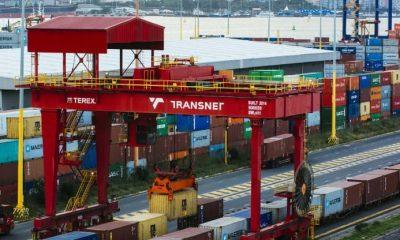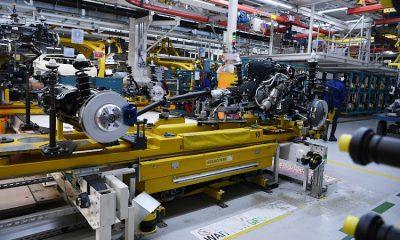Business
Are Emerging Markets like South Africa on the Verge of an Investment Revival?

Are Emerging Markets on the Rise? What South Africa Can Expect from Global Interest
The last five years have been challenging for South Africa and other emerging markets. These countries faced setbacks due to Covid-19, rising energy prices, and global tensions. But, recent signs suggest that change is on the horizon.
Although “emerging markets” is a broad term, it remains popular among global investors. Financial markets treat these countries as one group, and investment trends often impact them in similar ways. South Africa is a prime example. Many international investors see it as a promising place for future growth.
Lower Interest Rates Fuel Emerging Market Interest
One reason for this shift is the drop in interest rates in major economies like the US and Europe. Investors are now looking outside these regions for better returns. As rates fall, emerging markets like South Africa are becoming attractive again. This is similar to the early 2010s, when low rates led to a surge of investment in developing economies.
“Emerging market funds have seen record inflows, especially in places like China,” says Cameron Brandt from EPFR, a global data provider. In South Africa, Nedbank reports that foreign investors have moved from selling to buying South African stocks and bonds. This is a positive change after years of foreign sales.
China’s Stimulus and Its Impact
China is also adding to this trend. Its recent economic stimulus plan aims to revive the country’s stalled growth. As China ramps up, it will need more resources, much of which can come from South Africa and similar markets. EPFR found that nearly $40 billion flowed into Chinese equity funds in one week of October alone. This has helped emerging market funds globally.
What This Means for South Africa
South Africa could benefit from these new capital flows. Foreign interest in South African assets may help strengthen the rand and boost the stock market. However, there are a few things to remember:
- Financial Markets vs. Real Economy: Higher investment in stocks and bonds is good news, but it may not directly benefit the broader economy right away.
- Global Risks: If inflation stays high in the US or Europe, central banks may stop cutting rates. This could slow down investment in emerging markets.
- Structural Reforms Needed: South Africa has a chance to draw more long-term foreign investments. To do this, the government must show it’s serious about economic growth and stability.
An Opportunity Not to Miss
With global attention turning back to emerging markets, South Africa is in a unique position. By creating the right environment, it can attract sustainable, long-term investments.
This moment is a chance for South Africa to rebuild its economy. But without focused efforts, this window of opportunity may close. With the right approach, South Africa can use this renewed interest to spark economic growth and stability.
South Africa’s economic future depends on global trends and local reforms. By building investor trust, South Africa can leverage emerging market momentum for long-term growth.



























